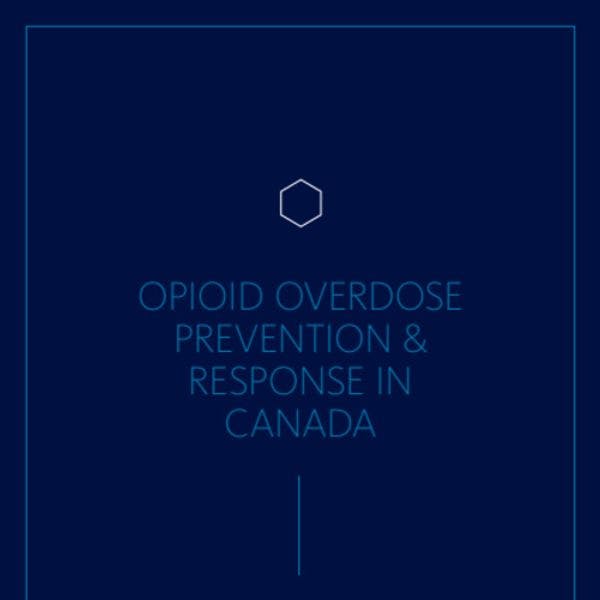Prévention et actions vis-à-vis des overdoses aux opioïdes au Canada
Ce document analyse les barrières politiques multi-juridictionnelles qui entravent la prévention d’overdoses aux opioïdes et les initiatives de traitement au Canada.
Pour en savoir plus, veuillez lire les informations ci-dessous (en anglais).
Abonnez-vous à l'Alerte mensuelle de l'IDPC pour recevoir des informations relatives à la politique des drogues.
Across Canada, far too many people are dying from drug overdoses. Deaths related to overdose due to opioids, whether used medically or non-medically, have risen sharply and are now the third leading cause of accidental death in Ontario. Drug overdose is not confined to one group of people but can affect anyone, including people taking prescribed opioids.
The tragedy is that many of these deaths could have been prevented with measures such as training, increased availability of naloxone (an emergency medication that reverses the effects of opioids), improved efforts to encourage people to call 911 during an overdose event, and better prescribing practices.
The purpose of this policy brief is to discuss the multi-jurisdictional policy barriers that hinder the scale-up of opioid overdose prevention and treatment initiatives in Canada. This brief provides an overview of the scant available data on drug overdoses in Canada and discusses key initiatives and policy changes that could mitigate the high number of injuries and deaths among people who use opioids. We close by offering recommendations to both the federal and provincial governments. This brief can be used to advocate for changes to the policy context of overdose. Readers interested in implementing overdose prevention programs are directed to an emerging set of excellent Canadian resources on this issue.
Keep up-to-date with drug policy developments by subscribing to the IDPC Monthly Alert.
